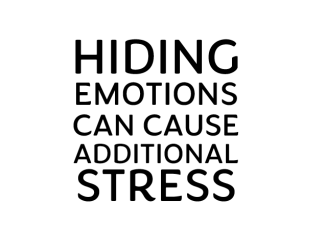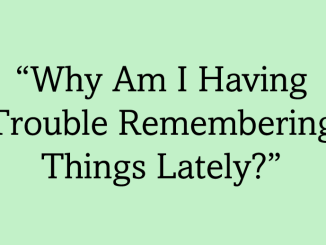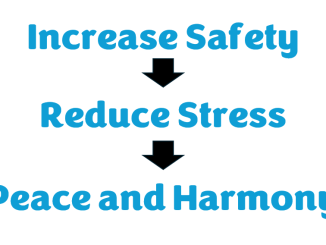New research finds differences between how men and women experience stress.
A failing or difficult relationship, troubles with the kids, demands of work, financial worries…stress is something that we all experience at different times.
And while it might be a phenomenon that isn’t unusual in modern-day society, it appears to me that there is a gap in understanding just how much stress can affect us.
For example, stress and the resulting release of the Cortisol hormone activates the emotional processing parts of our brain, while also diverting blood and oxygen away from our high-level thinking and reasoning “grey matter” areas.
So, as I say to clients, if you’re stressed you’re probably emotional, and it isn’t too far to leap to think about how this may be affecting your relationships, mental well-being, and even self-esteem.
Yet, despite this being a well-established human physiological response, most people aren’t aware.
We are learning more about the effects of stress all the time.
So we know that stress affects our emotions and our reasoning, but are the effects felt similarly between the sexes? A new study has determined that no, men and women experience it quite differently.
Researchers at the University of Florida have found that when the brain experiences acute stress a neurosteroid called allopregnanolone is produced and this helps us by boosting our focus and energy.
But, looking at this stress response more closely, the researchers found that men and women also have quite different resulting experiences.
Stress response was vastly different for male and female rats.
Men, in general, tended to have a greater propensity to display outward, aggressive reactions, whereas women have a much greater tendency to internalize their responses.
Marco Bortolato, M.D., Ph.D., a professor of pharmacodynamics at the University of Florida College of Pharmacy, says this distinction is believed to contribute to the higher female prevalence of anxiety and depression.
“Our research sits at the intersection of stress response and sex differences, which have major potential implications for personalized medicine,”
“For instance, understanding why women are more susceptible to depression than men allows us to tailor more targeted treatments. Ultimately, these findings could help guide the development of drugs that specifically modulate stress responses.”
To me, those are very interesting results. Let’s just stop and think about a heterosexual couple presenting for relationship counselling.
I think we can see that when couples enter into what I call the ‘Unhealthy Zone’ i.e. they’ve stopped constructive communication, turned their affections away from each other, perhaps have questioned the future of the relationship, they’re both stressed.
The resulting stress could then be making everything amplified with the symptoms of the relationship dysfunction becoming more pronounced.
This shows that relationship strains may not fix themselves and the need to get some expert assistance.



